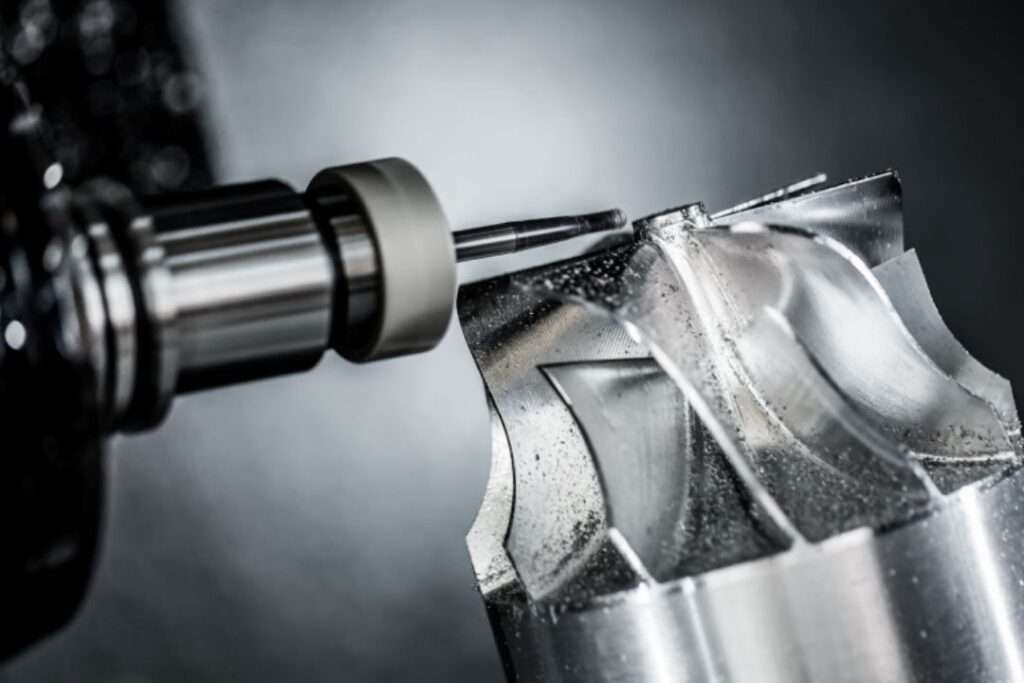Georg H Endress has demonstrated initiatives and a drive to propel things forward, all his life. At the heart of his endeavors was the establishment and evolution of the Endress+Hauser Group, which he transformed from modest origins into a global player. The 9th of January commemorates what could have been the entrepreneur’s 100th birthday. Today, his legacy persists, evident not only in the family business but also in its far-reaching impact.
Born on January 9, 1924, in Freiburg, Germany, Dr Endress played a crucial role in exhibiting integral initiatives and determinations, instrumental in transforming the company from modest beginnings into an international powerhouse throughout his life. Georg H Endress had dual motivations for venturing into entrepreneurship. Officially, he wanted to prove to himself, his family, and the world that he could transform an idea into a success. On a more personal note, he often shared the unofficial reason, stating that when expecting their fifth child, his wife encouraged him to take action, prompting his decision to become an entrepreneur.
Mr Endress’s foresight and prudence played a defining role in the company’s success. His business philosophy included reducing dependence on specific technologies, industries, and regions and strongly emphasising customer-centricity. The company, now known as Endress+Hauser, expanded globally under his leadership.

In the early stages of Georg Herbert Endress’s life, born on January 9, 1924, in Freiburg, Germany, he hailed from a family that was involved in the industrial gases sector. His educational journey took him to Zagreb, Croatia, where his father served as a general manager. Later, the family relocated to Basel due to the challenging political situation in Europe, prompted by his father’s transfer to Paris. Georg H Endress pursued his education in Basel, attending secondary school. After completing an apprenticeship as a mechanic, he had ventured into employment with various Swiss companies.
Simultaneously, he enrolled in evening classes at a technical college. However, after five semesters, his father withdrew support, believing his son was starting a family too early. During military service in Ticino, Georg H Endress met Alice Vogt, whom he married in 1946. The couple welcomed their first child in 1947. During this period, Dr Endress had worked for his father, selling British-made capacitive moisture meters to the textile industry in Basel. Following a visit to the manufacturer, Fielden Electronics, he returned with a novel type of level measuring device, marking the inception of his plan to sell them in Germany.
Navigating through the Challenging Initial Years

Georg H Endress, being a Swiss citizen, sought a German partner for his entrepreneurial venture during his early challenging years. At the age of 29, he found a collaborator in Ludwig Hauser (58), the manager of a small cooperative bank. On February 1, 1953, L Hauser KG was officially established in the commercial register, focusing on ‘the sale of Fielden-Endres electronic devices,’ despite a minor spelling mistake.
The company derived its name from Hauser’s wife, Luise, who became the first shareholder with a 2,000 deutsche marks stake. The journey saw swift development from the outset. In 1955, Endress applied for his inaugural patent, and by 1956, the fledgling company initiated in-house production in rented premises. Operations expanded across multiple buildings—housing a mechanical workshop, electronics production, dispatch, and offices—fondly and humorously nicknamed by employees as the ‘United Hut Works.’
The foundation for success was laid with foresight and prudence. While Georg H Endress steered the business with a profound understanding of the market and customers, Ludwig Hauser assumed responsibility for financial matters. Many enduring principles of Endress+Hauser took shape during this period. Georg H Endress implemented a gradual expansion strategy, employing the ‘dough roll-out method’ to mitigate dependence on specific technologies, industries, and regions.
Customer-centricity was ingrained in the company’s DNA from its inception. Transforming from a modest startup to a progressively larger player, this evolution was facilitated by Georg H Endress’s ability to inspire individuals surpassing him in their respective fields. Internally known as GHE, he was a rough-edged leader, stating, “Popularity is not my cup of tea.” He preferred acknowledgment of having a commendable company and exceptional employees over personal accolades.
Breaking Boundaries and Expanding Perspectives
Georg H Endress consistently prioritized training and ongoing education, transforming Endress+Hauser into an exemplary company in this regard. He introduced the trinational apprenticeship program in the Basel region, initiated a trinational engineering degree program, and championed cross-border cooperation. Actively involved in organizations like the German business association WVIB and the Upper Rhine regional association, he also supported the BioValley initiative, a life sciences network.
Upon handing over the Group’s management to his son Klaus in 1995, the company incorporated 4,300 employees globally and achieved a turnover of 680 million Swiss francs. Georg H Endress earned numerous accolades for his entrepreneurial achievements and social contributions, including the German Federal Cross of Merit with Ribbon, the title of French Chevalier dans l’Ordre National de la Légion d’Honneur, an honorary doctorate from the University of Basel, and an honorary senatorship at the Albert-Ludwigs-Universität Freiburg.
Although Georg H Endress passed away in December 2008, just before his 85th birthday, his legacy endures. His impact is visible in the company, now one of the leaders in process measurement technology, his extensive family of over 75 members, the Georg H Endress Foundation’s contributions to education and research, and the numerous individuals he inspired and who fondly remember him today.








